A poll from last year found that just 31 percent of the British public said they trust the media, a fall of 6 percent in a year. This puts the media class at a level of trust somewhere between politicians and burglars in the public’s eyes.
Still, any British hacks reading this can console themselves with one thing: at least most of our media does not cloak itself in the mantle of the utmost righteousness and hold itself out as some sort of priestly class.
The same poll discovered that only 39 percent of the American public trust journalists. To watch the US media feeding and back-slapping itself, you would think that the figures were quite otherwise.
The thought occurred to me after I had once again been dragged kicking and screaming to the White House Correspondents’ Dinner last weekend. This is an annual event where the American media class gathers in great numbers and with significant pomp. The flags and colors are presented at the beginning of the evening. A military band plays throughout, providing a soothing backdrop to the conversation. The National Anthem is sung. Then some bizarre creations
of the US media spend the night trying to talk over a roomful of journalists about how important they all are and how good they should feel about themselves.
At the best of times the dinner is excruciating. Much of the British media may be insufferable, but by and large we manage to avoid pushing the idea that democracy itself is at stake if anyone dislikes us.
American journalists, by contrast, as they dress up in black tie and ballgowns and descend on the capital, seem to think that it is they who are on the front line of the battle for democracy. US soldiers may be based around the world, its firefighters and police may be on the streets, but it is American newsrooms which really stand between democracy and disaster. To quote just one of the straplines with which the American media has promoted itself over recent years: “Democracy dies in darkness.” In fact democracy can die perfectly happily in the bright light of day. Indeed, it seems eminently capable of karking right in front of the blaring lights of news lenses while most journalists pretend not to notice.
So it was with considerable amusement to me that the American media handed out awards to other American media for noticing things the public had noticed years before. One of the biggest awards and cash prizes of the evening was given to Axios news for its report – offered up last year – that Joe Biden may not be at his mental best. The award for this scoop is named the Aldo Beckman Award for Overall Excellence. Wherever Aldo’s relatives are, I hope they sue.
At least the recipient – Alex Thompson – had the grace to admit that the cover-up which many journalists had engaged in over President Biden’s mental and physical decline was one reason why the public don’t much trust them any more. Don’t forget that until Biden’s disastrous debate performance last summer, most commentators were saying that he was in tiptop shape and that, as one reporter put it, 2024’s Biden was actually the best version of Biden.
Thompson’s mild criticisms landed into a strange silence. Some – notably the New York Post – had covered Biden’s decline for years, but were accused by the White House and other media organizations of publishing “cheap-fakes.” If you ran a story about Biden not knowing quite where he was, you could be sure of a slurry of attacks from the White House and the rest of the media. Those same journalists are now releasing books admitting that during his last years in office, Biden didn’t always seem to be aware that he was president.
The other highlight of the evening was the inaugural Center for Integrity in News Reporting Award. This award – which came with a $25,000 check – was given to Anthony Zurcher of the BBC for a story in which he described some of the diplomatic and political consequences that the Israel-Hamas war had caused for Biden. I searched the room for Trey Yingst and other correspondents who have covered the Gaza conflict from places more dangerous than the White House lawn, but the speech from the stage was too distracting. ‘Now more than ever, it’s important for those of us in the media to provide impartial and fair reporting without favor or fear,” we were told. It was explained to us – and the young student journalists in attendance in particular – that we must not feel “fear” from the “fallout from our stories” and especially not fear “what people in power may say, do or think. Maybe that’s something you learned the first day in journalism school, but I think it lands differently… I think it means something more now.”
At this point I weighed up a range of options from a different school of journalism: which was whether to be violently sick into the nearest ice bucket or to stand up and blow a huge raspberry at the stage and then the entire room.
Of all the forms of back-slapping that are odious, surely the greatest is the back-slapping by a journalistic class who in the main have spent recent years doing anything but actual journalism.
Still, there were rounds of after-parties to go to. I bumped into a few politicians on the way out, thought about what I had just witnessed, mulled on the question of trust in institutions, and reflected once more on the multiple advantages of a life of crime.













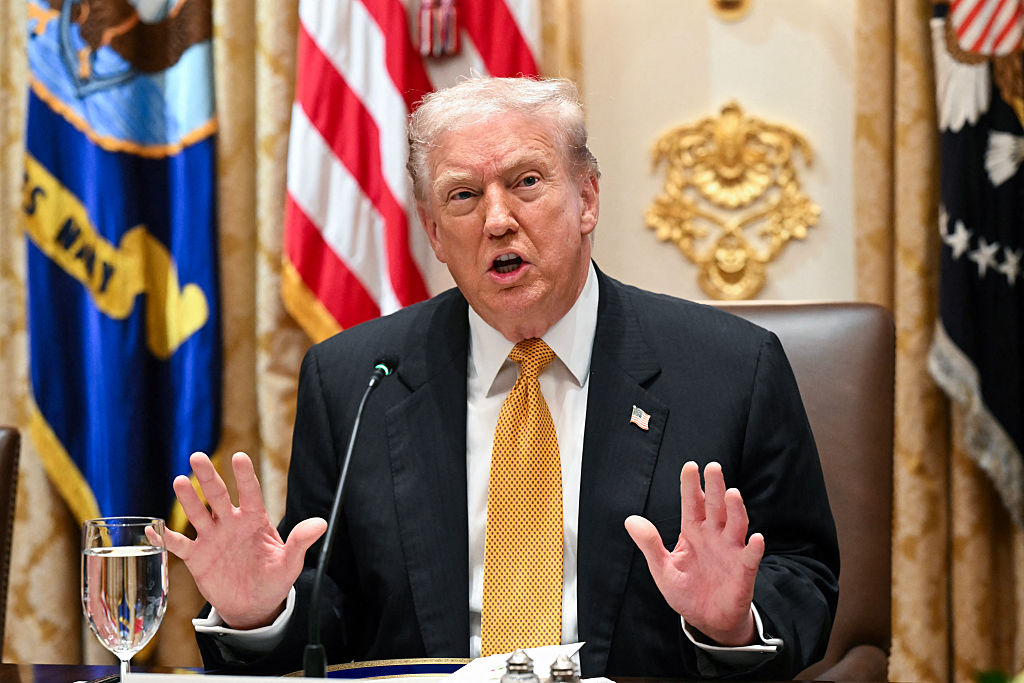
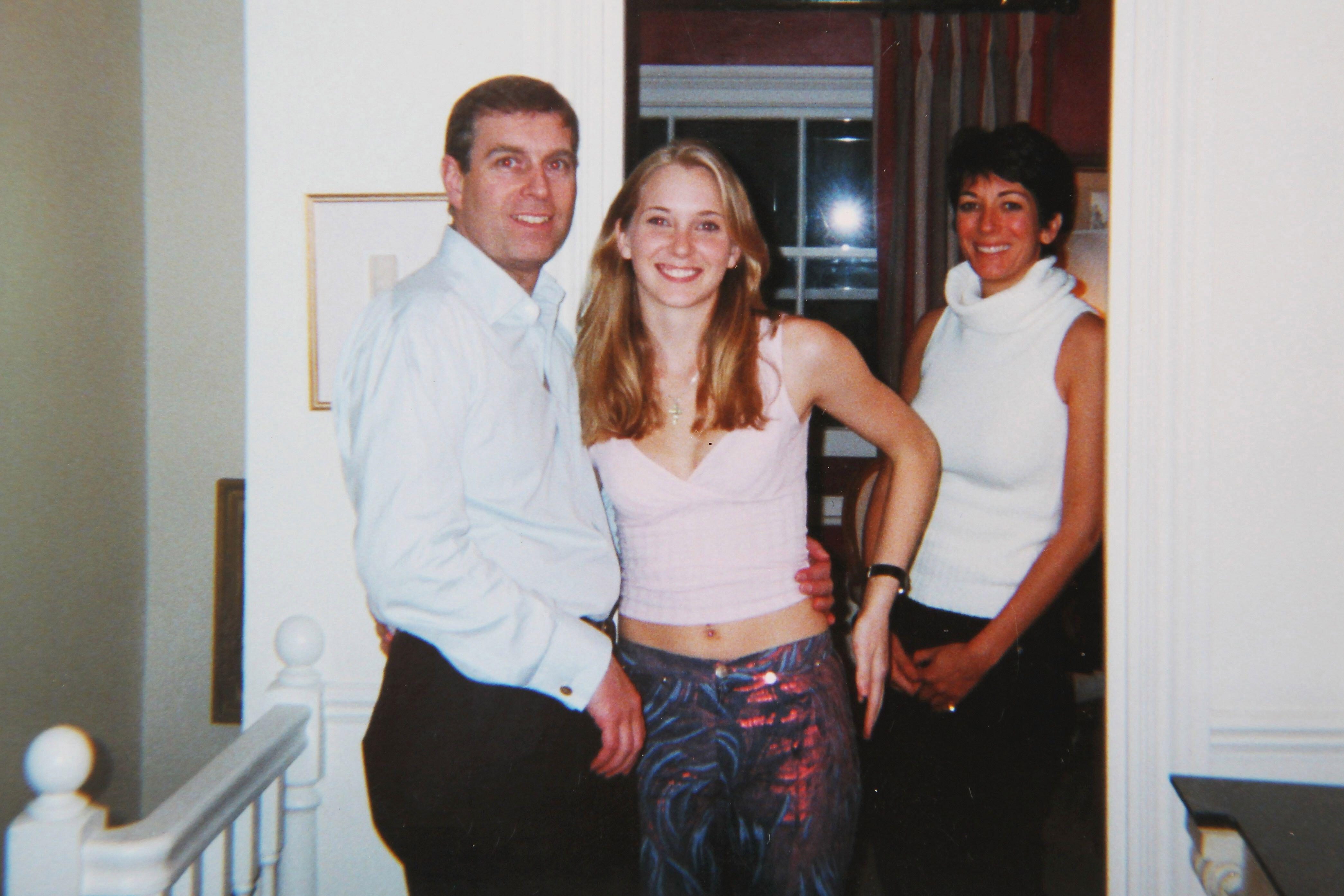

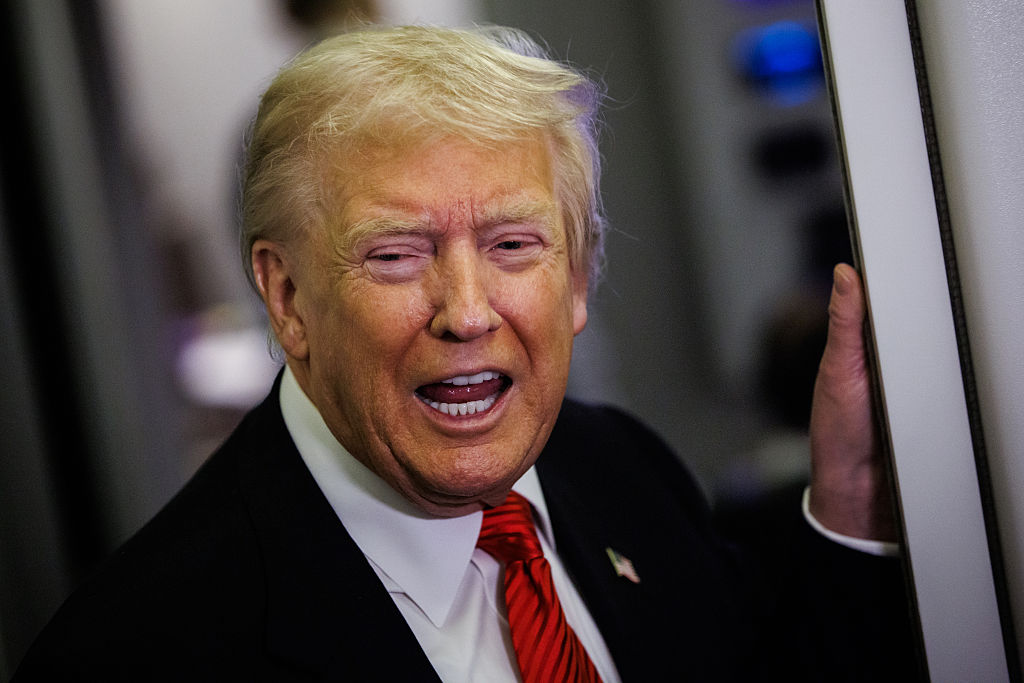
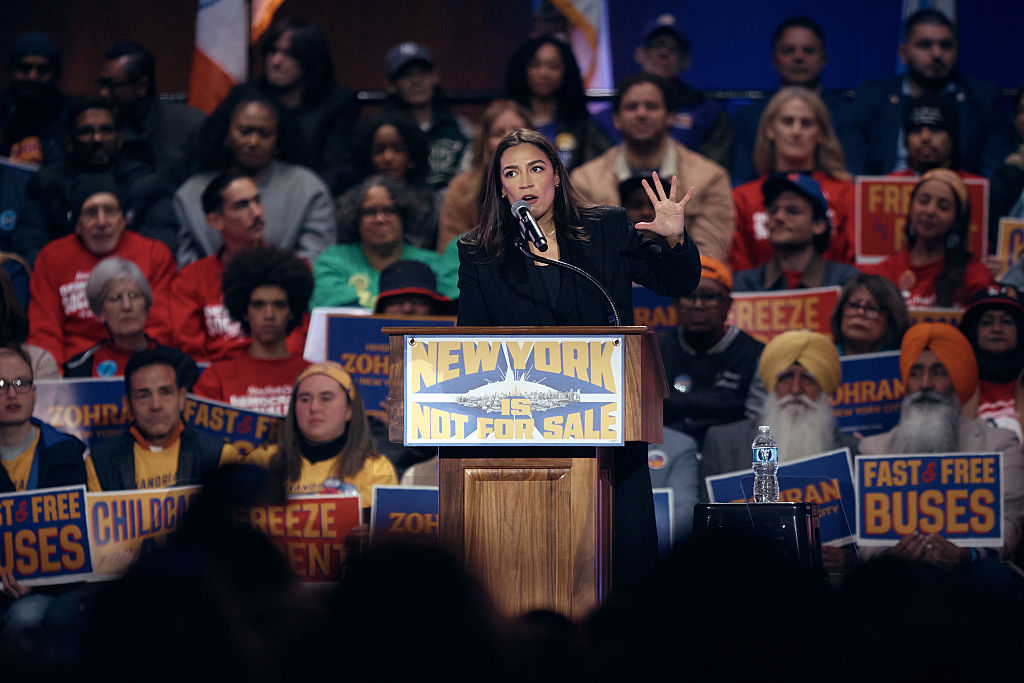
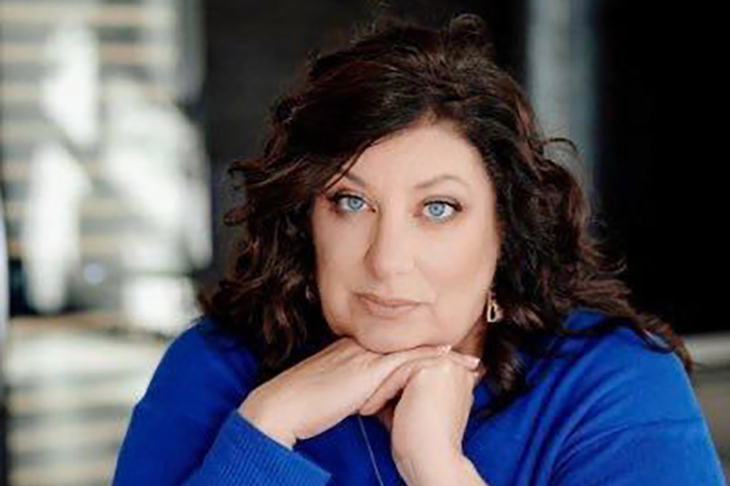







Leave a Reply